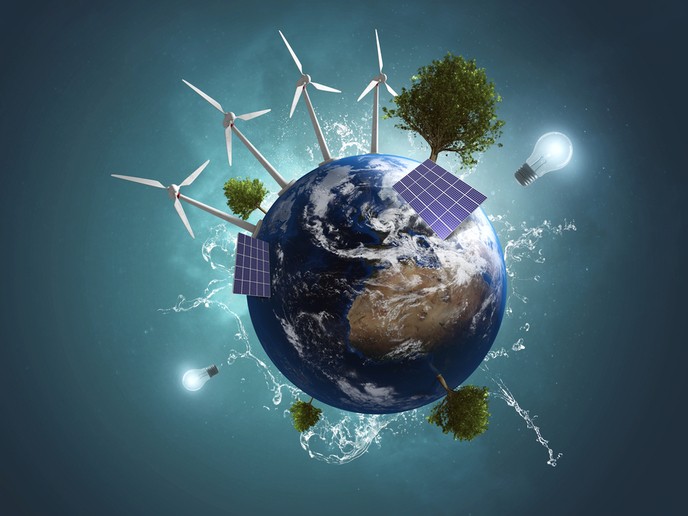Helping energy policymakers navigate through the COVID-19 crisis
Facing the global public health emergency and the economic consequences of the COVID-19 pandemic, energy and climate policymakers need to develop policies taking into account the new circumstances. Supported by the EU-funded INNOPATHS project, a team of researchers has proposed a framework for meaningfully contributing to climate and energy policy actions required in the short, medium and long terms. The recommendations were published in the journal ‘Joule’. “This commentary aims to help energy policymakers navigate through the crisis, focusing on policy frameworks targeting carbon-neutral energy systems.” Quoted in a news release on ‘EurekAlert!’, senior author Tobias S. Schmidt from INNOPATHS project partner Swiss Federal Institute of Technology (ETH) in Zurich says: “We’re writing this commentary as COVID-19 fundamentally changes the economic environment of the clean energy transition, requiring policy makers to take major decisions within short timeframes.” He adds: “While many blogs or comments put forward ‘shopping’ lists of which policies to enact or which technologies to support, much of the advice lacked structure.” In their commentary in ‘Joule’, the researchers argue against small “green wins” in the short term that could keep at bay meaningful change in the long term. “Pushing for small ‘green wins’ now could distract from actions that make a real difference for the energy transition in the longer term. This is particularly relevant when bailing out struggling businesses in high-carbon sectors.” In the same ‘EurekAlert!’ news release, Prof. Schmidt also says: “Bailouts should exclude sectors that are clearly incompatible with the Paris Agreement, such as tar sands development, but at the same time, bailout decisions primarily have to consider the societal value of uninterrupted service and of safeguarding jobs.” He argues that “policymakers should consider increasing their leverage to shape business activities for Paris Agreement-compatible pathways in the future, for instance, by taking equity stakes or securing a say in the future strategy of bailed-out corporations.”
Short term vs long term
In the journal commentary, the researchers point to the short-term reductions in carbon emissions and air pollution that were “driven by travel restrictions and the temporary shutdown of production facilities.” Prof. Schmidt adds that this development “will not have major effects on climate change,” as noted in the news release. “To decarbonize our energy systems and industry, we need structural change, meaning more and not less investment.” In their commentary, the researchers conclude that as part of the response to the COVID-19 crisis, “structuring the challenges that arise in different time horizons and offering guiding principles for responses are most useful at this stage.” The principles proposed by the researchers are as follows: “(1) avoid overreacting in the short term. (2) Make use of new opportunities for the energy transition in the mid-term. (3) Develop new policy designs that can withstand future shocks.” The researchers add: “While now the policy attention is rightfully focused on the public health crisis and mitigating its immediate effects, it is important to navigate the new situation without jeopardizing the imperative clean energy transition.” Scheduled to end in November 2020, the INNOPATHS (Innovation pathways, strategies and policies for the Low-Carbon Transition in Europe) project will “deliver a proposal for a low-carbon strategy for the EU that can be effectively implemented, accepted and well-managed,” as noted on the project website. For more information, please see: INNOPATHS project website
Keywords
INNOPATHS, energy transition, COVID-19, climate, energy, clean energy, coronavirus



